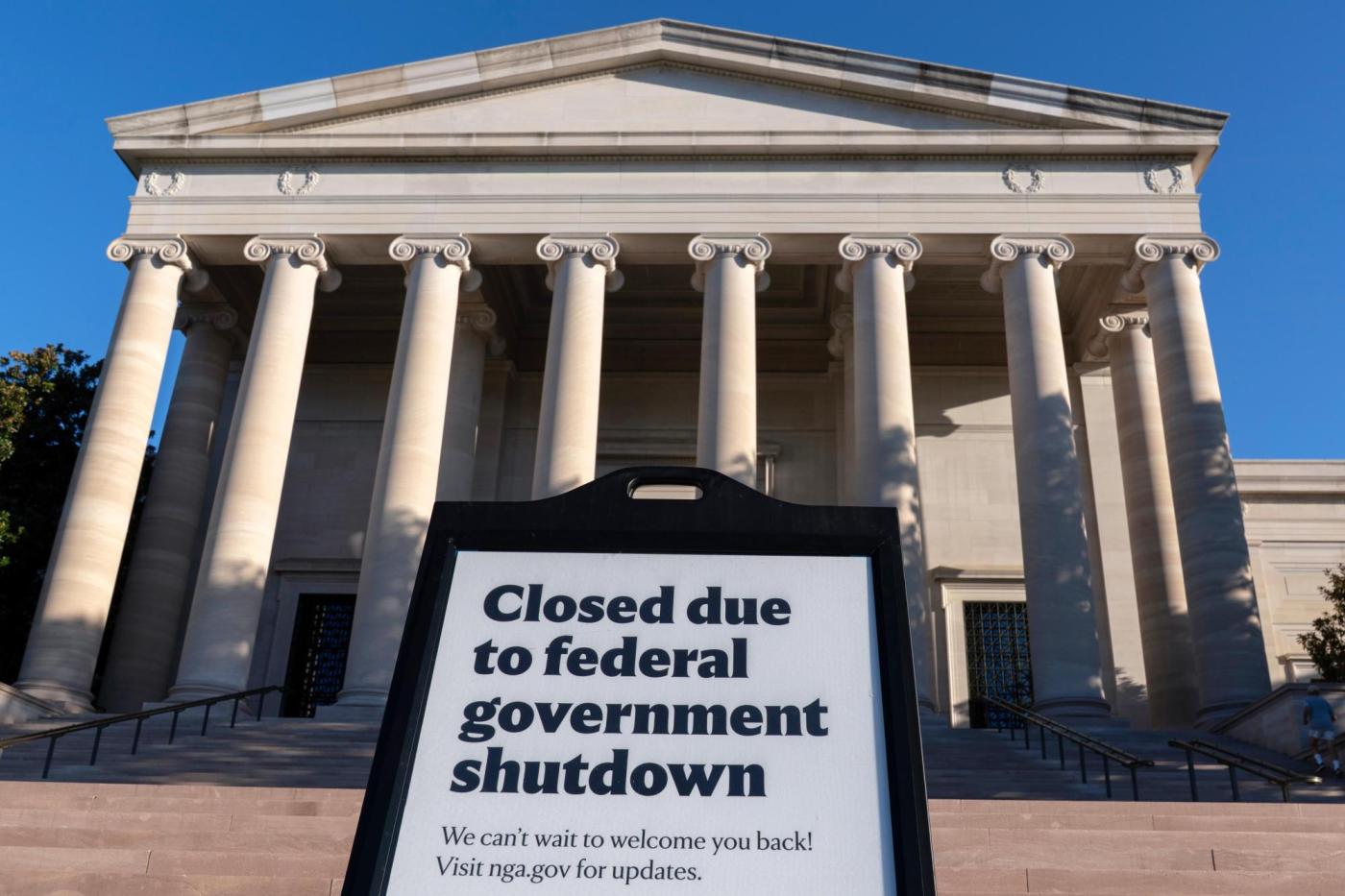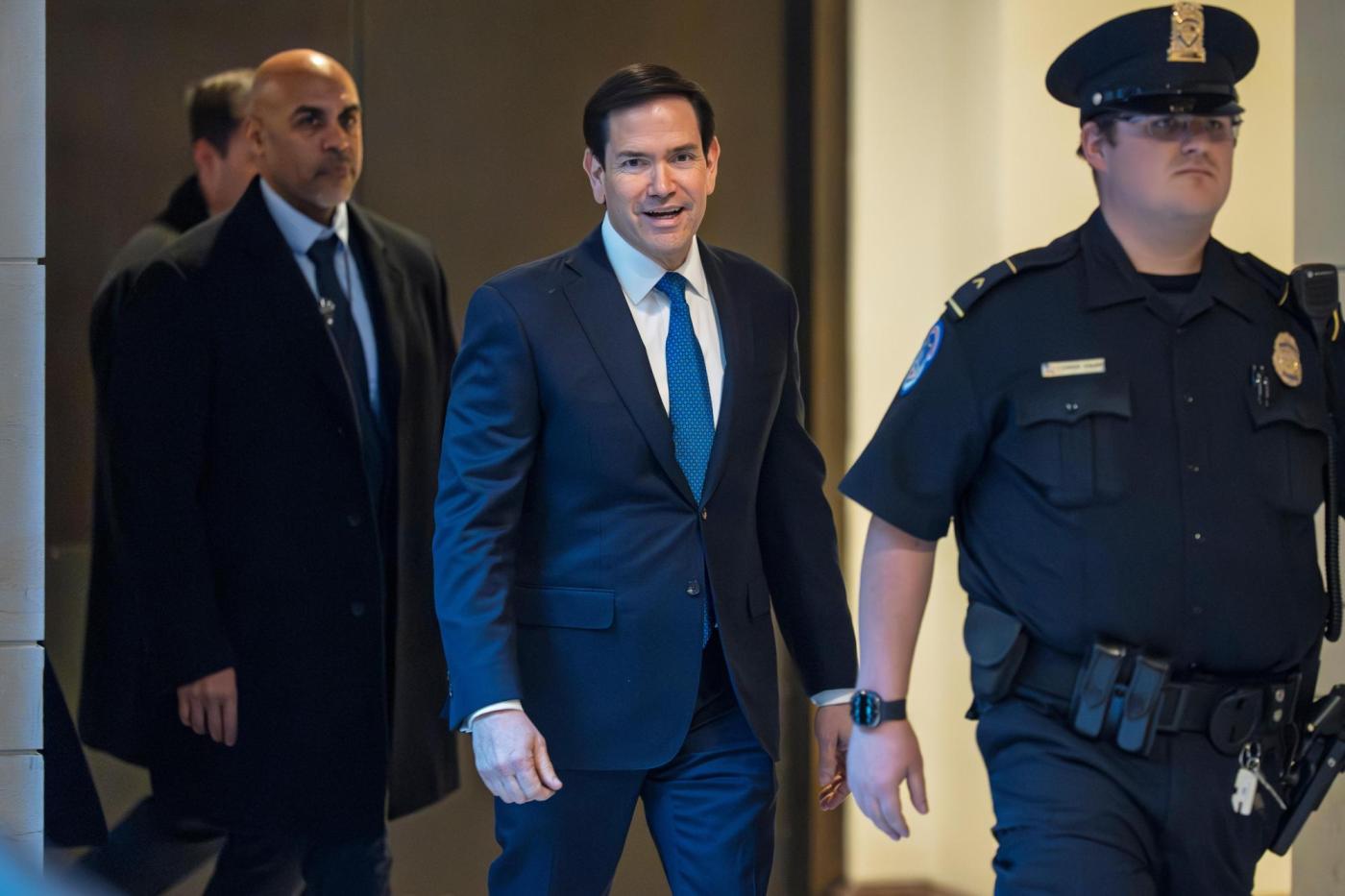The ongoing federal government shutdown has prompted a significant reassessment of fiscal responsibility in the United States. As missed paychecks and disrupted services unfold, some analysts argue that this impasse may serve as a necessary wake-up call for both lawmakers and the public.
The United States currently faces a staggering national debt of approximately $38 trillion, with annual deficits ranging from $1.5 trillion to $2 trillion. According to political analyst Armstrong Williams, this situation reflects a long-standing disregard for fiscal discipline, as both major political parties have consistently approved budgets that exacerbate the nation’s financial woes.
For years, Congress has operated under the assumption that financial constraints are negotiable. This shutdown has exposed the underlying issues of overspending and the need for a more sustainable approach to budgeting. The cost of servicing the national debt now accounts for a historic share of federal spending, diverting funds away from critical areas such as defense, education, and infrastructure.
“We are literally borrowing money to pay interest on money we already borrowed. That is not sustainable. It is financial quicksand,”
Williams stated, highlighting the precarious nature of the current fiscal situation. The struggle to fund essential programs like the Supplemental Nutrition Assistance Program (SNAP) is a direct consequence of this mismanagement. Millions of low-income Americans rely on these benefits, which may soon be jeopardized by the ongoing shutdown.
While the hardships faced by federal workers, especially in states like Maryland, are significant, Williams emphasizes that they pale in comparison to the broader implications of continuing down the current fiscal path. If unchecked, rising interest payments could severely limit funding for national defense and basic safety-net programs.
Critically, Williams points out that both political parties share responsibility for the fiscal crisis. Republicans have implemented tax cuts without corresponding reductions in spending, while Democrats have expanded entitlement programs without adequate funding. This lack of accountability has led to a culture where short-term benefits are prioritized over long-term sustainability.
Moreover, the general public is not free from blame. Many citizens advocate for balanced budgets while simultaneously supporting subsidies and programs that serve their interests. This disconnect reflects a deeper moral challenge: the reluctance to accept that fiscal responsibility requires sacrifice.
As the national debate continues, Williams argues that the shutdown may be a pivotal moment for Congress to confront the arithmetic it has long ignored. This crisis could ultimately lead to a necessary reckoning, pushing both politicians and citizens to acknowledge the consequences of their financial choices.
Addressing this ongoing fiscal challenge will not be a quick fix. It demands years of difficult decisions and a commitment to restoring accountability and responsibility. Williams asserts, “The American experiment has never been sustained by money alone. It has endured through character — and that, at long last, is what must be restored.”
In conclusion, the current government shutdown is not merely an inconvenience; it is a crucial opportunity for a thorough examination of the United States’ fiscal policies and priorities. The sooner both parties and the American populace embrace this reality, the more effectively the nation can navigate its path towards fiscal health and stability.







